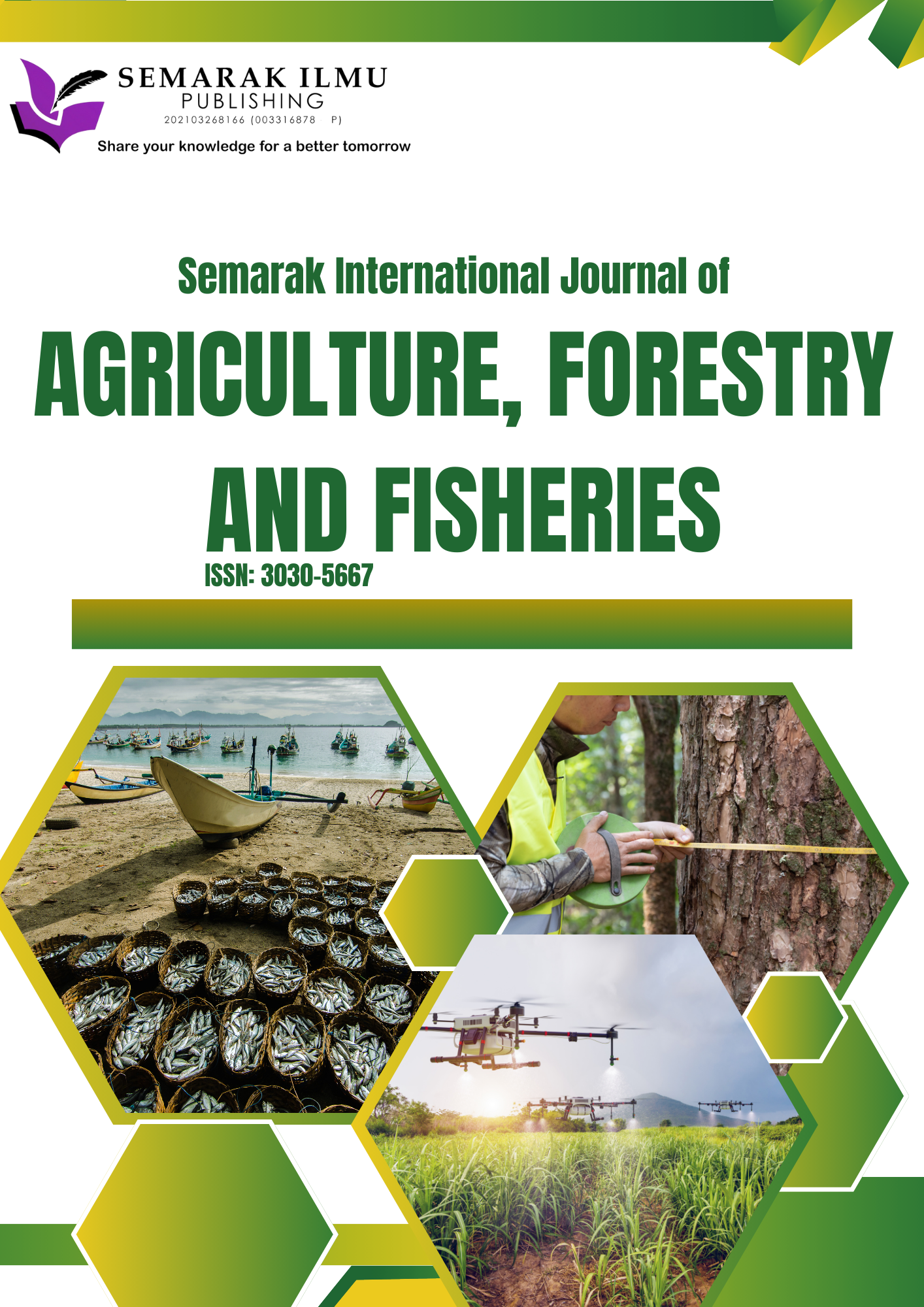The Preference for Purchasing Rattan Furniture among Residents in Taman Bukit Chandan, Kuala Kangsar, Perak, Malaysia
DOI:
https://doi.org/10.37934/sijaff.1.1.19Keywords:
Rattan furniture, non-wood forest product, consumer preferences, eco-friendly, town residentsAbstract
A study was carried out to evaluate consumer knowledge of rattan furniture and determine the factors that consumers prioritize when purchasing rattan furniture. Recognizing that various factors can affect consumer choices, thus rattan furniture manufacturers will need to align with current customer preferences. These preferences encompasses aspects e.g. sustainable consumption, social status, environmental safety and modern design. Data was gathered via random sampling using a questionnaire, and descriptive statistics were applied to analyze the frequency and percentage of responses. The questionnaires were distributed via online to 315 respondents in Taman Bukit Chandan, Kuala Kangsar, Perak. The findings of the survey indicated that rattan furniture usage was perceived as safe, with 62.86 % of respondents answering affirmatively and 37.14 % negatively. Similarly, a majority (56.83 %) considered the environmental impact of rattan furniture production to be minimal. Additionally, most respondents (89.94 %) deemed rattan's characteristics—flexibility, strength and lightness—suitable for furniture production. The survey also revealed that modernity was the primary purchasing factor for respondents, followed by social status, environmental safety and sustainable consumption. These insights into consumer preferences can guide rattan furniture manufacturers and retailers in making informed decisions regarding production and marketing strategies.









